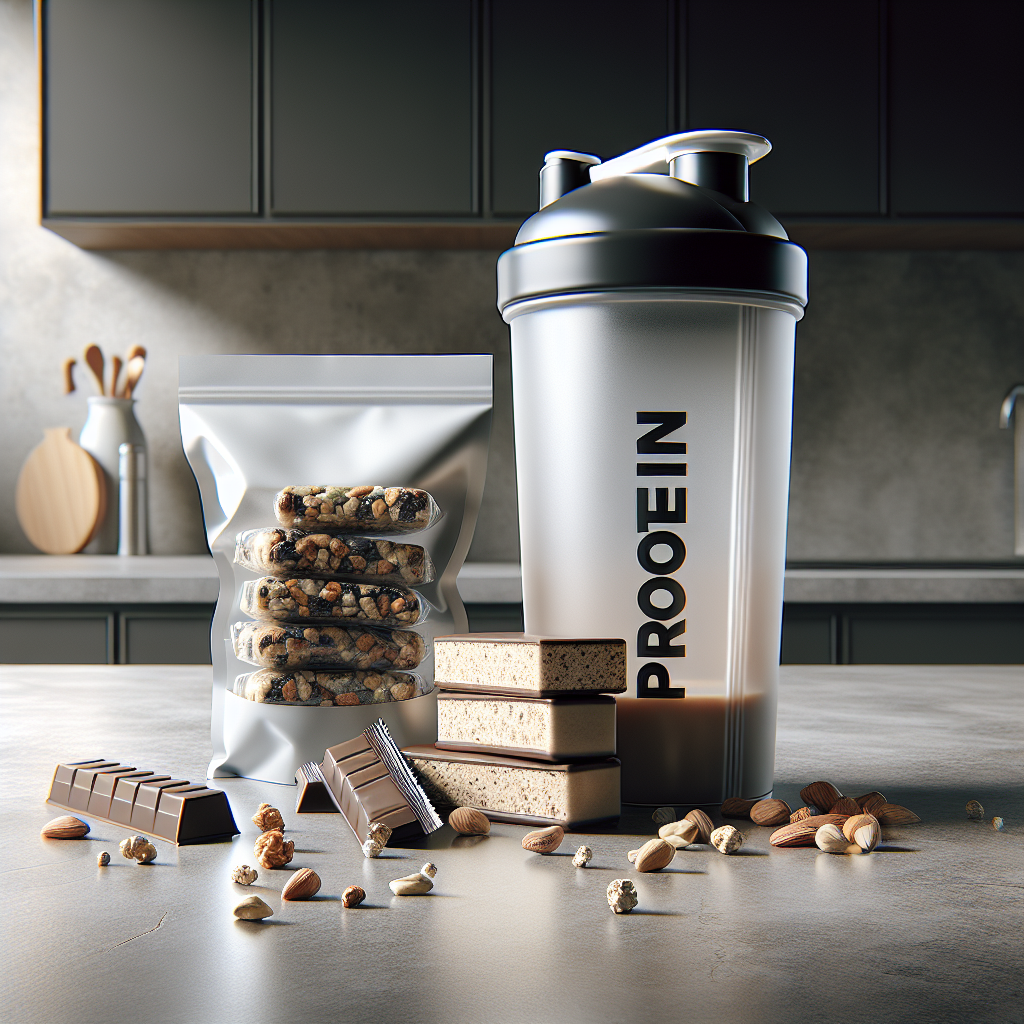Millennials and a general interest in health and weight loss are driving up sales of high-protein packaged food and beverage products, according to a new industry report by investment bank William Blair.
Sales of products labeled as “high-protein” in grocery aisles, frozen, and refrigerated food departments have risen at an estimated compound annual rate of over 7% from 2021 to 2023, reaching over $30 billion in 2023, as per William Blair analysts. This growth is supported by data from analytics company Circana.
William Blair analysts attribute this rise in sales to increasing consumer interest in high-protein products, especially among millennials.
Online search interest for “high protein” reached a five-year high in 2023, according to the report, citing the consumer intelligence company Brandwatch. Discussions around “high protein” increased by 32% in the 12 months ending May 2023.
Millennials showed the highest interest in high-protein diets, with around 52% of all online mentions concerning “high protein” coming from individuals aged between 25 to 40.
The popularity of high-protein products is also being driven by an increasing interest in fitness and health. According to Euromonitor International’s Health and Nutrition Survey, the main reasons people follow a high-protein diet are to improve fitness and overall health.
The bank also highlighted that people aiming to lose weight through GLP-1 weight loss drugs like Novo Nordisk’s Wegovy and Eli Lilly’s Zepbound may also increase their protein intake. High-protein diets can help minimize lean muscle mass loss, a side-effect of these medications.
Morgan Stanley analysts expect the global market for these drugs to reach $105 billion by 2030, with about 9% of the U.S. population predicted to be on a GLP-1 treatment by 2035.
Companies are already adapting to these shifts in consumer behavior. Earlier this year, Nestle announced a new line of high-protein frozen meals targeting people on GLP-1 drugs.
“Consumers increasingly aim to live fit and healthy lives, perceive that boosting their protein intake helps achieve these goals, and are showing their support by purchasing higher-protein foods and beverages,” William Blair analysts concluded in their report.
